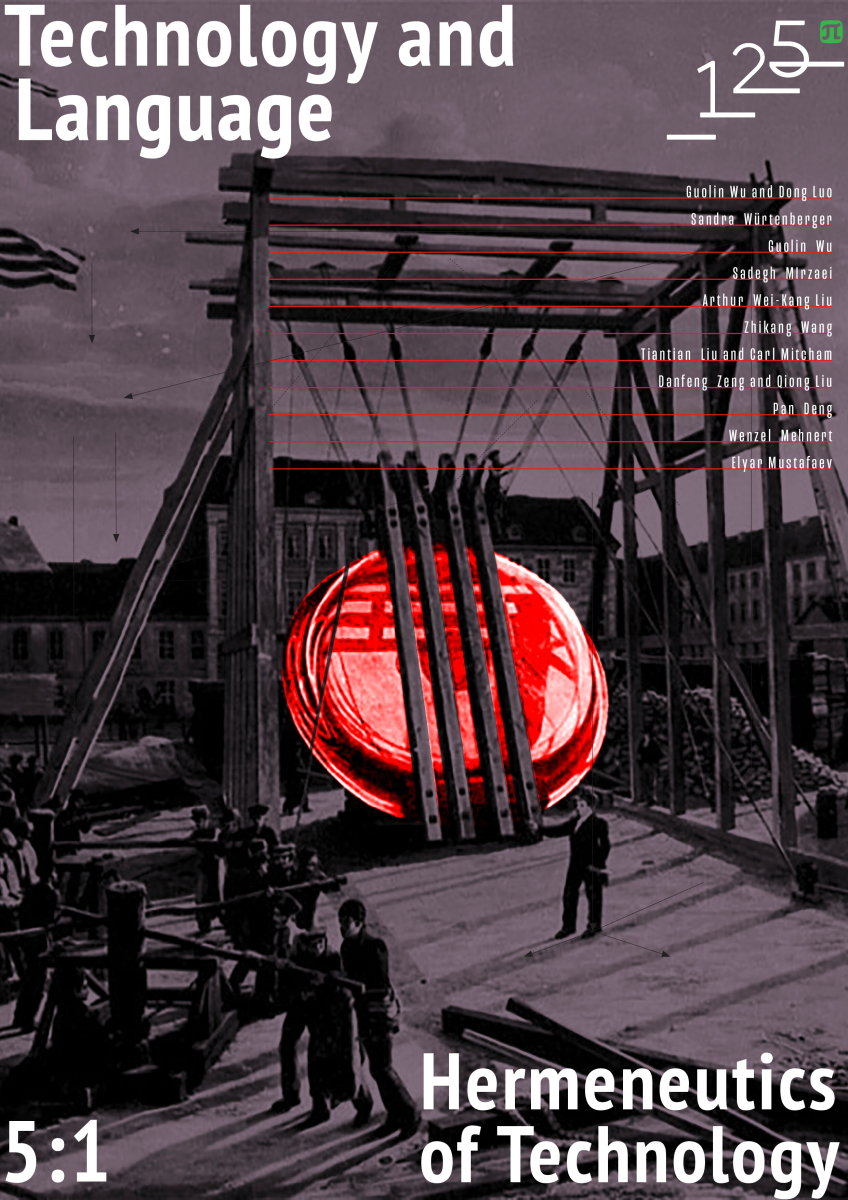Hegel on the Steam-Engine
Hegel did not witness the unveiling of the granite bowl in Berlin's city center, which was crafted and polished using steam engine technology. His comprehension of the steam engine significantly impacted the evolution of scholarly thought in Europe around 1800. While Hegel's works did not explicitly delve into the “steam engine” as a complete concept, his examination of its parts, “steam” and "machine,” was very thorough. In natural philosophy, Hegel meticulously detailed steam as an individual physical element, from the ancient Greek theory of four elements to modern meteorology. While he discussed the relationship between steam, air pressure, and heat, he did not address the perspective of the steam engine in technical applications. Instead, he continuously engaged in reflection at the scientific level of the relation between physical elements and individual objects, arising from the dynamic interaction between concepts and real-world objects within the framework of dialectics. Therefore, Hegel's understanding of the steam engine embodies his concept of “pre-scientific hermeneutics,” involving continuous reflection of concepts and reality through empirical validation. He thus drew on contemporary meteorological research to demonstrate the dialectical relationship between physical elements and individual bodies, as well as the laws of motion that constitute meteorological elements such as air and water. However, in a complex and variable climate, these motions could be transient and incidental. And so, in his exploration of the scientific principles of the “steam engine,” Hegel did not delve into the transformation of these principles into technology or the resulting revolution in social productivity and the accompanying societal ramifications.



